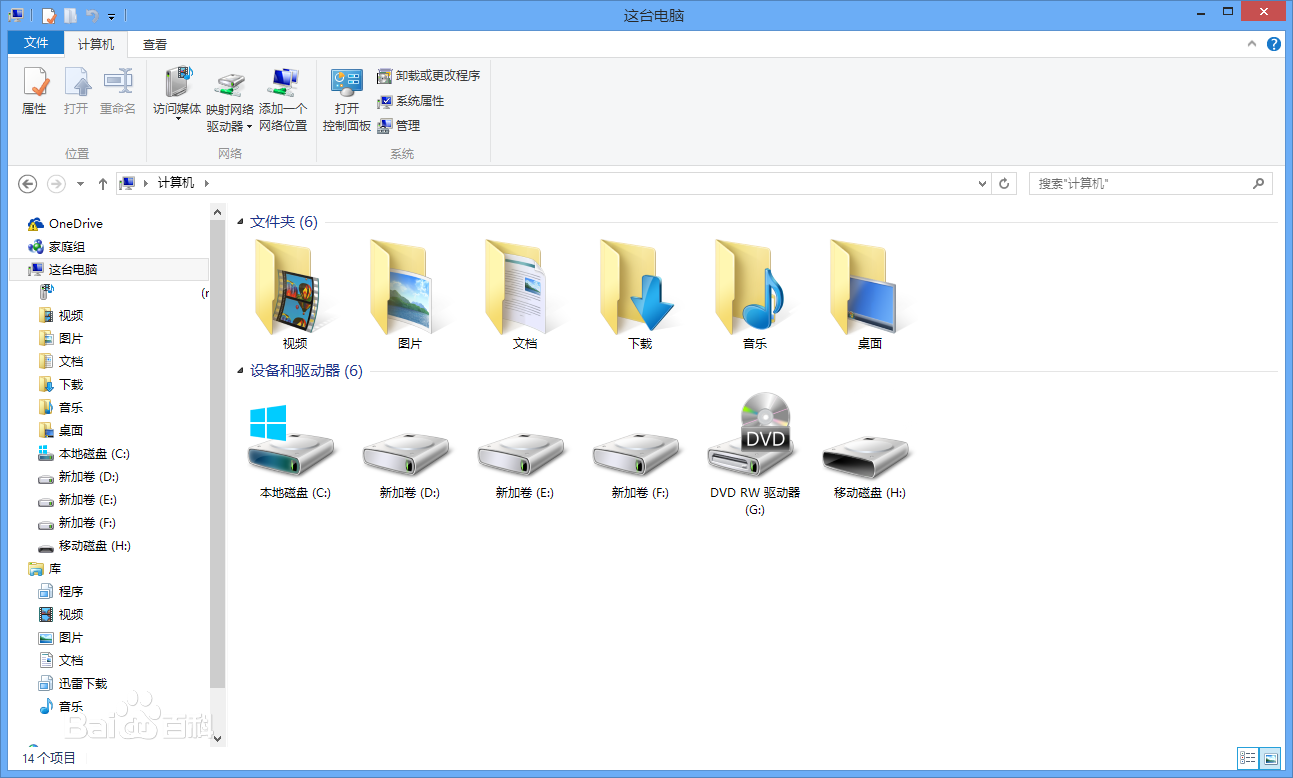The future sixth generation (6G) of communication systems is envisioned to provide numerous applications in safety-critical contexts, e.g., driverless traffic, modular industry, and smart cities, which require outstanding performance, high reliability and fault tolerance, as well as autonomy. Ensuring criticality awareness for diverse functional safety applications and providing fault tolerance in an autonomous manner are essential for future 6G systems. Therefore, this paper proposes jointly employing the concepts of resilience and mixed criticality. In this work, we conduct physical layer resource management in cloud-based networks under the rate-splitting paradigm, which is a promising factor towards achieving high resilience. We recapitulate the concepts individually, outline a joint metric to measure the criticality-aware resilience, and verify its merits in a case study. We, thereby, formulate a non-convex optimization problem, derive an efficient iterative algorithm, propose four resilience mechanisms differing in quality and time of adaption, and conduct extensive numerical simulations. Towards this end, we propose a highly autonomous rate-splitting-enabled physical layer resource management algorithm for future 6G networks respecting mixed-critical quality of service (QoS) levels and providing high levels of resilience. Results emphasize the considerable improvements of incorporating a mixed criticality-aware resilience strategy under channel outages and strict QoS demands. The rate-splitting paradigm is particularly shown to overcome state-of-the-art interference management techniques, and the resilience and throughput adaption over consecutive outage events reveals the proposed schemes contribution towards enabling future 6G networks.
翻译:未来第六代(6G)通信系统设想在未来第六代(6G)通信系统中,在安全关键环境下提供多种应用,例如无司机交通、模块产业和智能城市,这需要出色的性能、高可靠性和错错错容忍度以及自主性。确保不同功能安全应用的临界意识,以自主方式提供错错容忍度,对于未来6G系统至关重要。因此,本文件提议联合采用复原力和混合关键度概念。在这项工作中,我们根据分率模式在云基网络中进行物理层资源管理,这是实现高复原力的一个大有希望的因素。我们逐个概括这些概念,概要提出衡量关键度-敏度复原力的联合衡量标准,并在案例研究中核实其优点。因此,我们制定了非对功能安全应用应用安全应用的可靠度,以自主方式提供错错容忍度度。因此,本文件提议采用在适应质量和时间上不同的四个复原机制,并进行广泛的数字模拟。为此,我们提议为未来的6G网络提供高度自主的分流率分解物理层资源管理算法,这是实现高档服务质量(QS)水平,为衡量关键度的网络提供高度-清晰度的弹性适应性网络和高度调整率,在高度上显示的复原率下显示的升级率。



